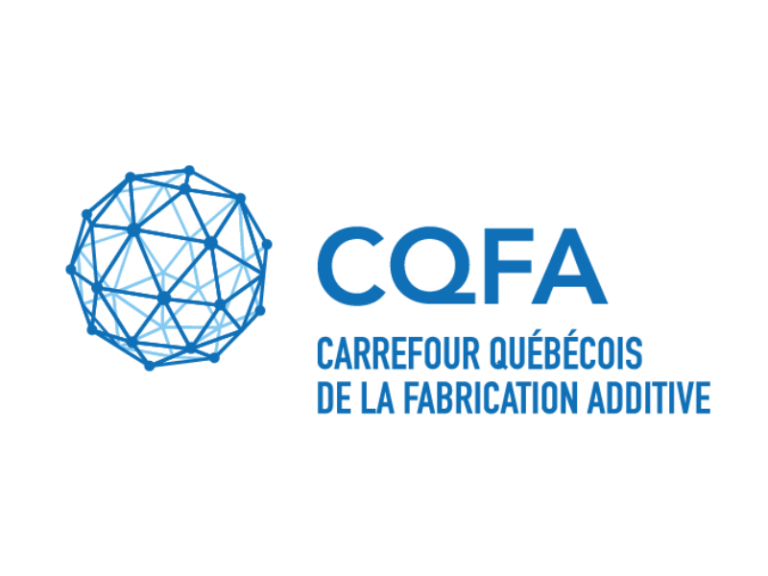
2024/05/22
Photopolymerization of Limonene Dioxide and Vegetable Oils as Biobased 3D-Printing Stereolithographic Formulation
Clerget, M.; Gagnon, E.; Claverie, J. (2024). Photopolymerization of Limonene Dioxide and Vegetable Oils as Biobased 3D-Printing Stereolithographic Formulation. Polymers 2024. 16(7), 965.
Epoxidized vegetable oils and limonene dioxide, a bis-epoxide derived from the terpene limonene, are photo-copolymerized to yield highly crosslinked networks with high conversion of all epoxide groups at ambient temperature. However, the slow polymerization of such biobased formulation polymerizes is not compatible for a use in a commercial SLA 3D printer. Adding an acrylated epoxidized vegetable oil to the bis-epoxide leads to a decrease of curing time and an increase in LDO conversion to polymer. For example, in a 60:40 wt:wt mixture of LDO and epoxidized soybean oil, the conversions of both exocyclic and endocyclic epoxide groups of LDO are ≥95%. These formulations were successfully used in SLA 3D printers, leading to generation of hard and dry complex objects using biobased formulations.